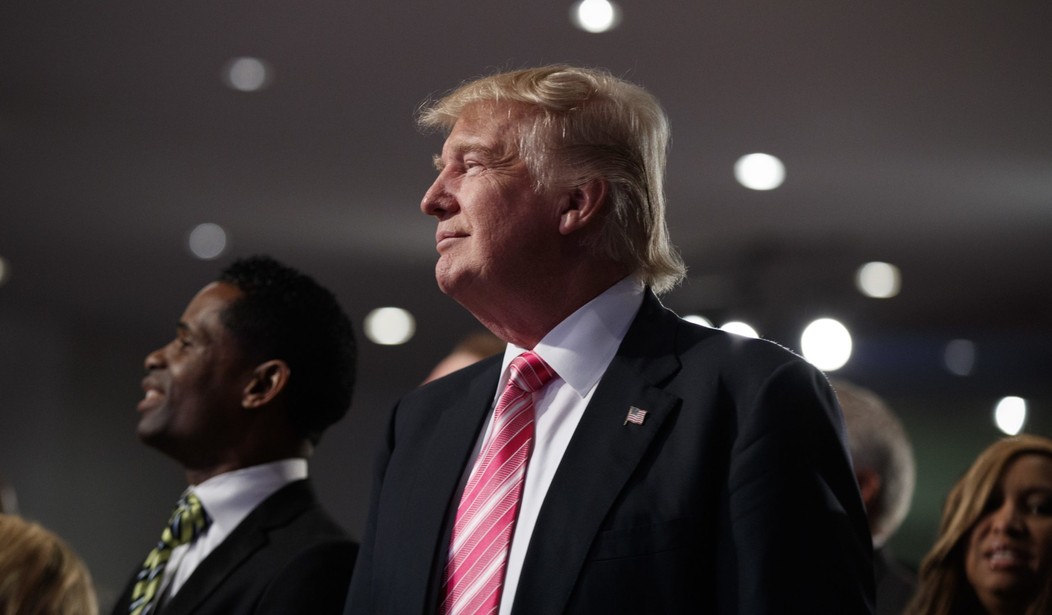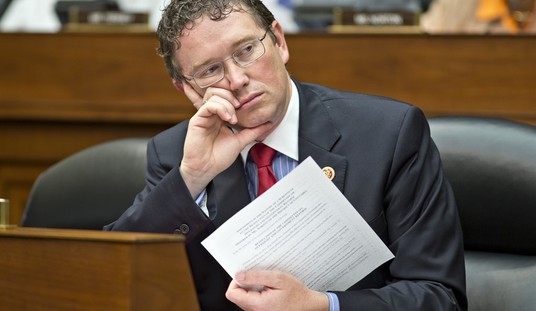In a two-minute YouTube video released on Monday, President-elect Donald Trump outlined several executive actions he would take on his first day in office, including orders regarding energy, regulations, and trade.
Included in those orders will be the scrapping of the Trans-Pacific Partnership trade deal that was so controversial President Obama gave up on getting it approved by the Senate.
An ambitious Asia-Pacific trade pact linking the United States and 11 countries lay in tatters on Tuesday after U.S. President-elect Donald Trump said he would kill the deal on his first day in office on Jan. 20.
Trump’s statement appeared to open the way for China to assume the United States’ leadership mantle on trade and diplomacy in Asia. The Republican termed the Trans Pacific Partnership (TPP) “a potential disaster for our country.”
China, Japan and South Korea are already in the initial stages of discussing a trilateral trade deal, and Beijing has been pushing its own limited Asian regional trade pact that excludes Washington for the past five years.
Japan and Australia, Washington’s closest allies in Asia, pledged after Trump’s announcement to push ahead without the United States, although removing the largest market for goods and services would shrink it dramatically.
“Pushing them forward is the idea that, if they don’t act, it will look like China’s very weak trade deals are the only game in town,” said Derek Scissors, a resident scholar at the American Enterprise Institute, where he focuses on Asian economies and trade.
Trump has pledged to redraw trade deals to win back American jobs, and has threatened Mexico and China with punitive tariffs in a move that some economists have warned could spark a trade war that threatens to roll back decades of liberalization.
Ending the TPP was a key election pledge of Trump’s and was also the policy of his Democratic opponent, Hillary Clinton. The deal died in Congress after Trump’s Nov. 8 election victory.
The Trans Pacific Partnership, a signature diplomatic initiative of Democratic President Barack Obama, was intended to lower tariff barriers in countries that accounted for 40 percent of the world economy, as well as providing a bulwark against China.
Trump’s nixing of the deal will have broad, bipartisan support across the board. Many opponents believe that we can cut better trade deals for ourselves bilaterally. While that remains to be seen, it appears that the prospect for these gigantic, continent-sized trade groupings will have to be rethought or scrapped entirely.
The Wall Street Journal details some of the other executive orders the president will issue on January 20:
Mr. Trump’s video included six calls for action on trade, immigration, energy, regulatory curbs, national security and ethics changes, most of which have already been announced either during the campaign or the transition period. He didn’t mention action on the Affordable Care Act, his proposed wall along the southern border, the tax code or the Iran nuclear deal, all of which were central arguments for his election.
Several of the changes would direct government agencies or officials to come up with new plans for how to operate, and their impact could take some time to be felt. For example, he will order military leaders to develop a plan to deal with cyberattacks and other threats, a review that could become broad in scope. He said he will also initiate an investigation into visa fraud, and impose a new rule to limit future regulations.
The pledge that could make a difference quickly is one to “cancel job-killing restrictions on the production of American energy, including shale energy and clean coal.” He said this would create “many millions of high-paying jobs.”
It will be interesting to see what happens when the shackles come off the energy industry. The U.S. has already regained its dominance in the energy sector and spurring growth will only improve our position. While there is a current glut on the market of oil and coal has become too expensive to compete with natural gas, removing unnecessary impediments to production will be a boon to the economy in the long term.
Limits on regulation are also welcome as is an effort to systematically root out visa fraud. All in all, a good package of reforms and initiatives for the president to tackle his first day in office.










Join the conversation as a VIP Member